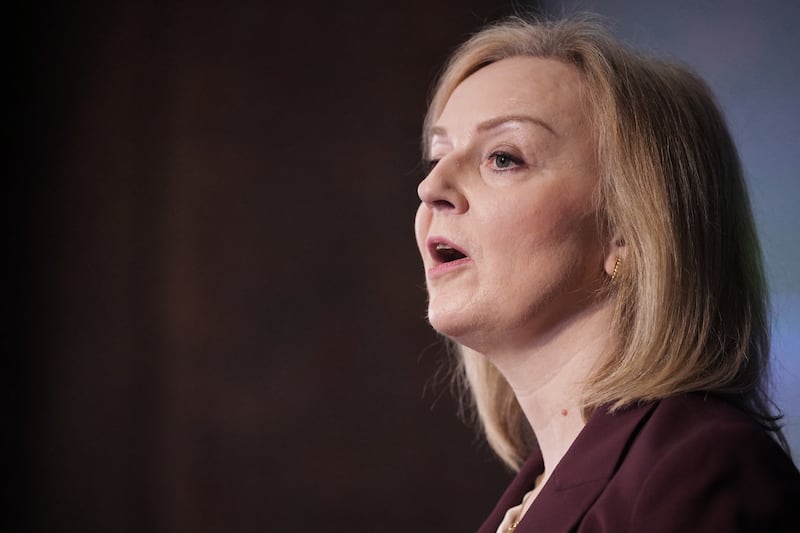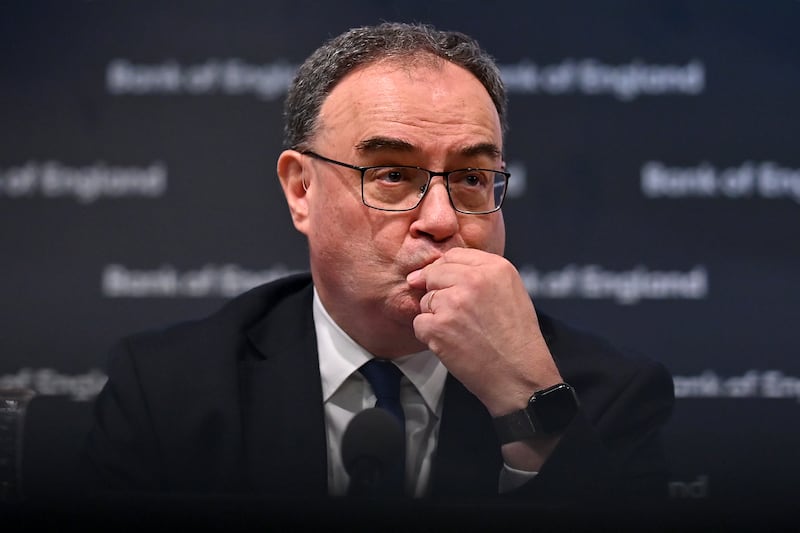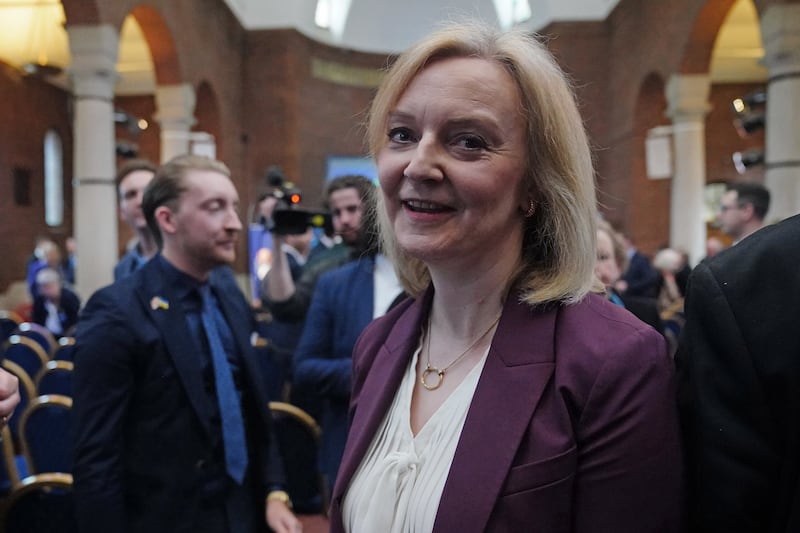Decision makers had to make a “strong move” as they sat down and studied a surprisingly bad inflation report last week, the governor of the Bank of England has said.
Andrew Bailey said he thought it was better to increase interest rates from 4.5% to 5% in one go, a so-called 50 basis point (bps) increase, rather than to hike it in two steps.
The Bank hiked rates last Thursday, a day after the Office for National Statistics revealed that Consumer Prices Index inflation had only fallen to 8.7% in May, compared to the 8.4% that had been expected.
“The cumulative data both particularly on the labour market, and on the inflation release, to us showed clear signs of persistence (and) caused us to conclude that we had to make really quite a strong move at that point. It was justified,” Mr Bailey said at an event hosted by the European Central Bank.
“My own view on that was if we were really of the view that we were going to do 25 (bps) and then, we were really baked in for another 25, based on the evidence we’d seen, it was better to do 50.”
The Bank of England’s Monetary Policy Committee (MPC) is tasked with keeping inflation under control, as close to 2% as possible.
The main tool it has to do this is interest rates. By setting rates higher it can increase the amount that people have to pay to borrow money.
This reduces the amount of loans taken, and forces others to pay more of their income towards paying off their mortgages, or other loans.
This means that people have less money to spend on other items, reducing demand, which in theory should stop prices rising as rapidly.
But the Bank has faced criticism for rapidly increasing interest rates, a decision which will heap extra pain on people with mortgages.








